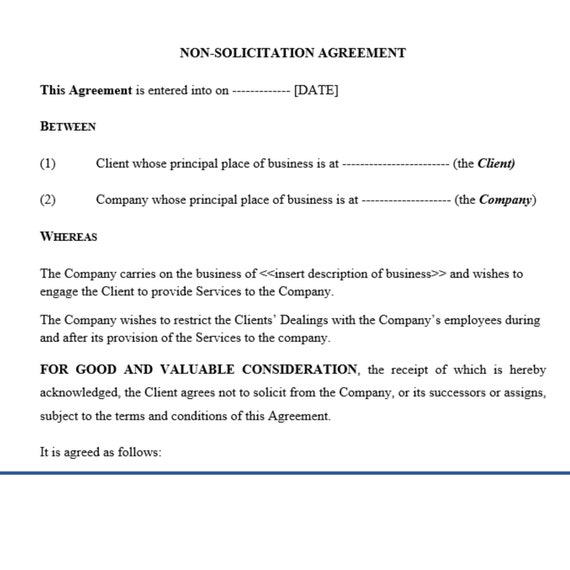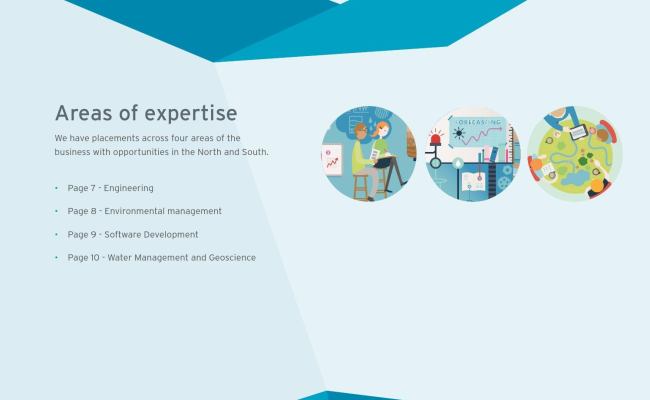
Social media is a valuable tool in any financial marketer’s arsenal. Social media is essential for financial success. 81% Americans use some type of social media. Most of them use it for between 4-5 hours a day. This is how baby boomers and millennials as well the generation z use social networks to make friends, share information, and find new businesses. Financial marketers will grow their customer base and gain trust by remaining active on these platforms.
Inbound marketing
Inbound Marketing is a great way increase your organic traffic. It also increases your conversion rate. This strategy puts your customers first and addresses their pain points throughout their buyer's journey. Goldcore is a prominent provider of financial analytics and software. Goldcore has been a thought-leader in the industry for over 80% of its blog traffic in just two year. Its content is often quoted by media outlets, including Bloomberg, Reuters, FT and Bloomberg.
Finance firms use inbound marketing to produce more compelling content. Inbound marketing attracts more qualified leads, and allows for a more personal sales experience. Although there are many benefits, financial marketers have been slow in adopting this strategy.

Customer experience
HiTouch is a global company providing financial services to business. After completing a quarterly account audit, executives were confused about the best way to improve customer service. They decided to perform a mini-audit and review of their customer experience program. They discovered that their vertical-market teams were not capable of doing more than tracking leads and analysing buying patterns. CEM was considered a simple sales and marketing job for most employees.
Customer experience has become a customer-centric process. This requires a multichannel approach. An omnichannel approach allows consumers to be reached on their preferred platforms in their preferred languages. This will increase response rates and provide more relevant data.
Social influencers
It is a smart way to increase revenue and drive sales by using social influencers for marketing financial products and service. By developing a strong relationship with your influencers, you can create educational content or promote complementary products. Fidelity has used storytelling to promote its Spire app which helps people plan for their financial future.
Influencers have significant networks and can sway people's opinions. IScoop's study found that 79% let their friends influence their purchasing decisions. Peer pressure plays a huge role in purchasing decisions.

Customer outreach
To reach customers in financial services, it is important to use the right channels of marketing. Engaging customers with a thorough, proactive approach is the best way. Digital marketing techniques and quality content can increase your visibility and build a loyal customer base. Customer loyalty programmes are another great way of engaging customers and encouraging them to purchase your products and/or services. Don't limit yourself to common rewards.
Customer outreach is a classic marketing strategy. Marketers can build customer loyalty by reaching out directly to their customers. These efforts can be in the form of free consultations and webinars, debt management programs, or financial education at schools.
FAQ
Are you a qualified consultant?
You can become an expert in any subject by learning the subject thoroughly, then applying what you have learned.
You can learn all you need to know to become a great consulting professional by starting to study now.
You may not be able to get hired if you don't have relevant experience but a degree. If you can show that your education is comparable to the job applicants, you may still be eligible for employment.
Employers will always seek out candidates who have real-world experience.
Why would a company employ a consultant to help them?
Consultants provide expert advice on how to improve the performance of your business. They don't sell products.
A consultant is a person who helps companies make better choices by providing sound analysis, and making recommendations for improvement.
Senior management teams often have consultants working closely with them to help them understand their needs.
They also offer leadership training and coaching to ensure that employees are able to perform at their best.
They may be able to advise businesses on ways to cut costs, improve efficiency, and streamline processes.
How much are consultants paid?
While some consultants may make over $100k per annum, most consultants earn between $25k and $50k. The average consultant salary ranges from $39,000 to $39,000. This includes hourly as well as salaried consultants.
Salary depends on experience, location, industry, type of contract (contractor vs. employee), and whether the consultant has his/her own office or works remotely.
What kind of contracts can consultants sign?
When they are hired, most consultants sign standard employment contracts. These agreements specify how long the consultant will be working for the client and what he/she will be paid.
Contracts will also outline the areas of expertise and compensation for the consultant. An agreement could state, for example, that the consultant will offer training sessions, workshops and webinars.
Sometimes the consultant will simply agree to complete a task within a certain timeframe.
Many consultants also sign independent contractor agreement in addition and standard employment agreements. These agreements allow the consultant not only to work for himself/herself but also provide payment.
Statistics
- My 10 years of experience and 6-step program have helped over 20 clients boost their sales by an average of 33% in 6 months. (consultingsuccess.com)
- According to statistics from the ONS, the UK has around 300,000 consultants, of which around 63,000 professionals work as management consultants. (consultancy.uk)
- On average, your program increases the sales team's performance by 33%. (consultingsuccess.com)
- 67% of consultants start their consulting businesses after quitting their jobs, while 33% start while they're still at their jobs. (consultingsuccess.com)
- Over 62% of consultants were dissatisfied with their former jobs before starting their consulting business. (consultingsuccess.com)
External Links
How To
What Does A Typical Day For A Consultant Look Like?
Each type of work will dictate the day's pace. You will be spending time researching, planning new ideas, meeting with clients, and creating reports.
Meetings are a common way to discuss problems and issues with clients. These meetings can take place over the phone, via email, online, or face to face.
The proposal is a document that outlines your ideas and plans to clients. Before presenting these proposals to clients, you will usually need to discuss them with a colleague or mentor.
After all the preparation, you'll need to start creating content. You could write articles, design websites, edit photos or conduct interviews.
Based on the scope and complexity of the project you may need research to obtain relevant statistics. You might need to determine how many customers you have, and whether they buy more than one product.
Once you have gathered enough information, it's time to present your findings to clients. Your findings may be delivered orally, or written.
After your initial consultation, you should follow up with your clients. You might contact them regularly to check on their progress or send them emails to confirm they have received your proposal.
This is a long process that can take some time. However, it is crucial to stay focused and to maintain good relationships.